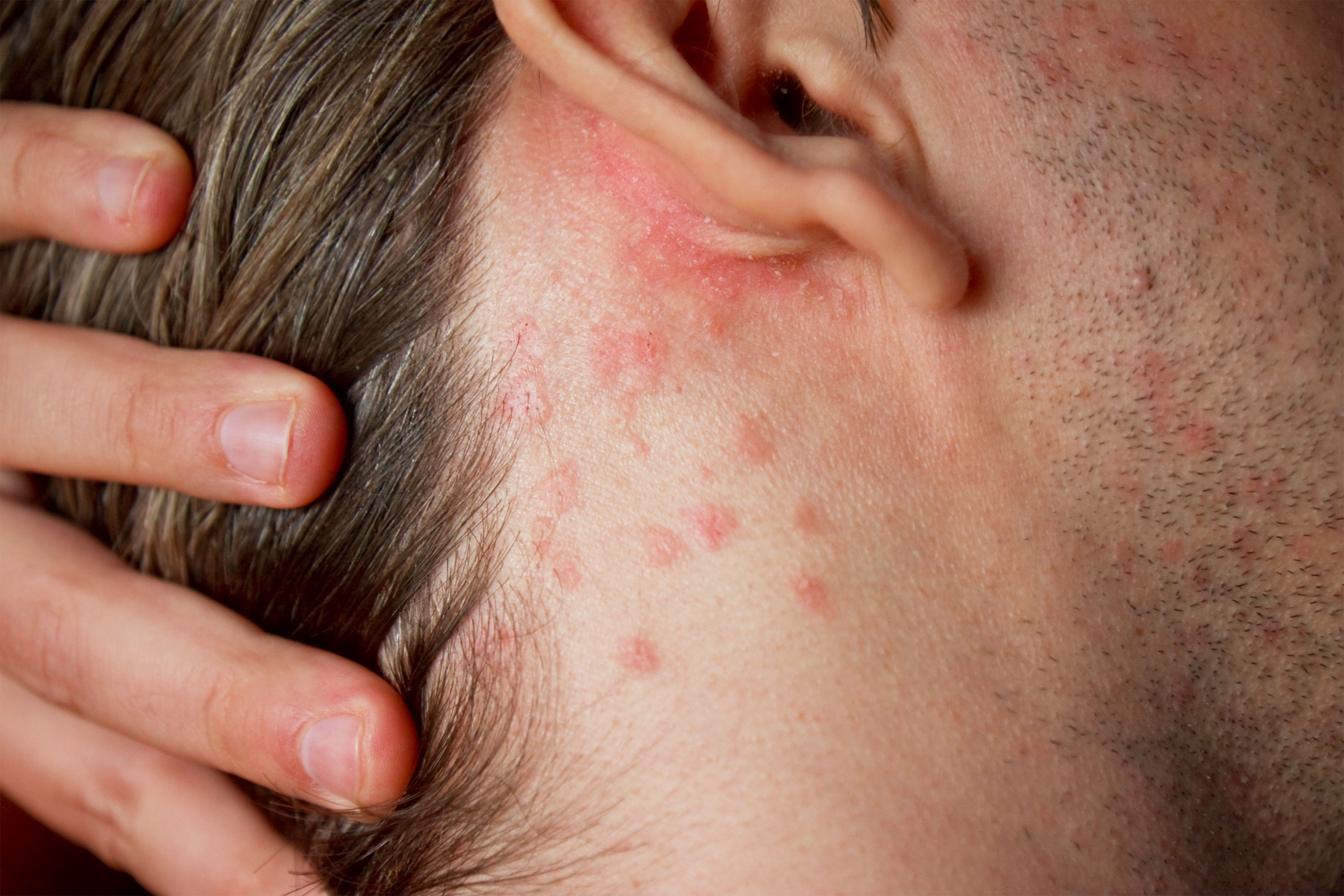Red Bumps on Shoulders and Neck: Causes, Treatments & More

Have you noticed an outbreak of red bumps on your shoulders and neck? This can be a frustrating and sometimes itchy experience. Understanding the potential causes is the first step toward finding relief and effective treatment. This article will explore various reasons why these bumps might appear, ranging from simple irritations to more complex skin conditions.
The appearance of these irritated spots can vary significantly. Some might be small and barely noticeable, while others can be large, inflamed, and even painful. They may be accompanied by other symptoms like itching, burning, or dryness. This variety in presentation reflects the diverse range of underlying causes, which we will delve into shortly.
Dealing with skin irritations like red bumps can affect more than just your physical comfort. The visible nature of these bumps, particularly in prominent areas like the shoulders and neck, can impact self-confidence and even lead to social anxiety. It’s important to remember that you are not alone, and effective solutions are often available.
While some cases of red bumps are easily resolved with over-the-counter remedies or lifestyle adjustments, others might require the expertise of a dermatologist. Knowing when to seek professional help is crucial for proper diagnosis and treatment. This article will guide you through the process of identifying potential causes and understanding when a doctor's visit is necessary.
From common culprits like acne and heat rash to less frequent conditions like keratosis pilaris and folliculitis, we'll cover a broad spectrum of possibilities. We’ll also explore the role of allergies, environmental factors, and even stress in the development of these skin irritations. Understanding these factors can empower you to take proactive steps towards clearer, healthier skin.
Several factors can contribute to the development of red bumps on the shoulders and neck. These areas are particularly susceptible due to factors like friction from clothing, exposure to sweat, and increased oil production.
Acne, a common skin condition, can manifest as red bumps due to clogged pores. Heat rash, triggered by excessive sweating, can also result in small, itchy, red bumps. Allergies to fabrics, detergents, or cosmetics can cause an inflammatory response on the skin, leading to red, bumpy rashes.
Keratosis pilaris, a harmless skin condition, causes small, rough bumps due to a buildup of keratin. Folliculitis, an infection of hair follicles, can also lead to red, inflamed bumps. While these conditions are generally not serious, they can be uncomfortable and aesthetically displeasing.
If you’re experiencing persistent or worsening red bumps, consult a dermatologist. They can accurately diagnose the cause and recommend appropriate treatment options.
While there are no direct “benefits” to having red bumps on the shoulders and neck, identifying their cause can lead to better overall skin health management. For example, understanding that your bumps are a result of an allergic reaction allows you to avoid the trigger and prevent future outbreaks.
Advantages and Disadvantages of Self-Treating Red Bumps
| Advantages | Disadvantages |
|---|---|
| Convenience and cost-effectiveness of over-the-counter treatments for minor irritations. | Risk of misdiagnosis and delaying proper treatment for more serious conditions. |
| Quick relief from itching and discomfort with readily available remedies. | Potential for worsening the condition with incorrect self-treatment. |
Frequently Asked Questions:
1. What are some common causes of red bumps on the shoulders and neck? Acne, heat rash, allergies, keratosis pilaris, and folliculitis are some common causes.
2. When should I see a doctor for red bumps? If the bumps are painful, persistent, spreading, or accompanied by other symptoms like fever, consult a doctor.
3. Can stress cause red bumps? Stress can exacerbate existing skin conditions and potentially contribute to breakouts.
4. Are red bumps on the shoulders and neck contagious? It depends on the cause. Conditions like acne and keratosis pilaris are not contagious, while some forms of folliculitis can be.
5. How can I prevent red bumps? Maintaining good hygiene, avoiding known irritants, and managing stress can help prevent some types of red bumps.
6. What are some over-the-counter treatments for red bumps? Hydrocortisone cream, anti-itch lotions, and acne treatments can provide relief for some types of red bumps.
7. Can diet affect the appearance of red bumps? In some cases, certain foods can trigger or worsen skin conditions.
8. How can I differentiate between different types of red bumps? A dermatologist can accurately diagnose the specific type of red bump based on its appearance and other factors.
Tips and Tricks
Avoid tight-fitting clothing that can irritate the skin. Use gentle, fragrance-free cleansers and moisturizers. Stay hydrated and maintain a healthy diet.
In conclusion, understanding the potential causes of red bumps on your shoulders and neck is crucial for effective treatment and management. While some causes are relatively harmless and easily treated, others may require professional attention. By paying attention to your skin, identifying potential triggers, and seeking appropriate medical advice when needed, you can take control of your skin health and find relief from the discomfort and frustration of red bumps. Remember, early intervention is often key to preventing further complications and achieving clearer, healthier skin. If you are experiencing persistent or concerning red bumps, don't hesitate to consult a dermatologist for proper diagnosis and personalized treatment recommendations. Taking proactive steps towards skincare can significantly improve your comfort and confidence.
Unleashing the power of maou gun saikyou information
Transform your space with valspar blue gray paint a comprehensive guide
Dive headfirst into the world of reverse harem romance anime












